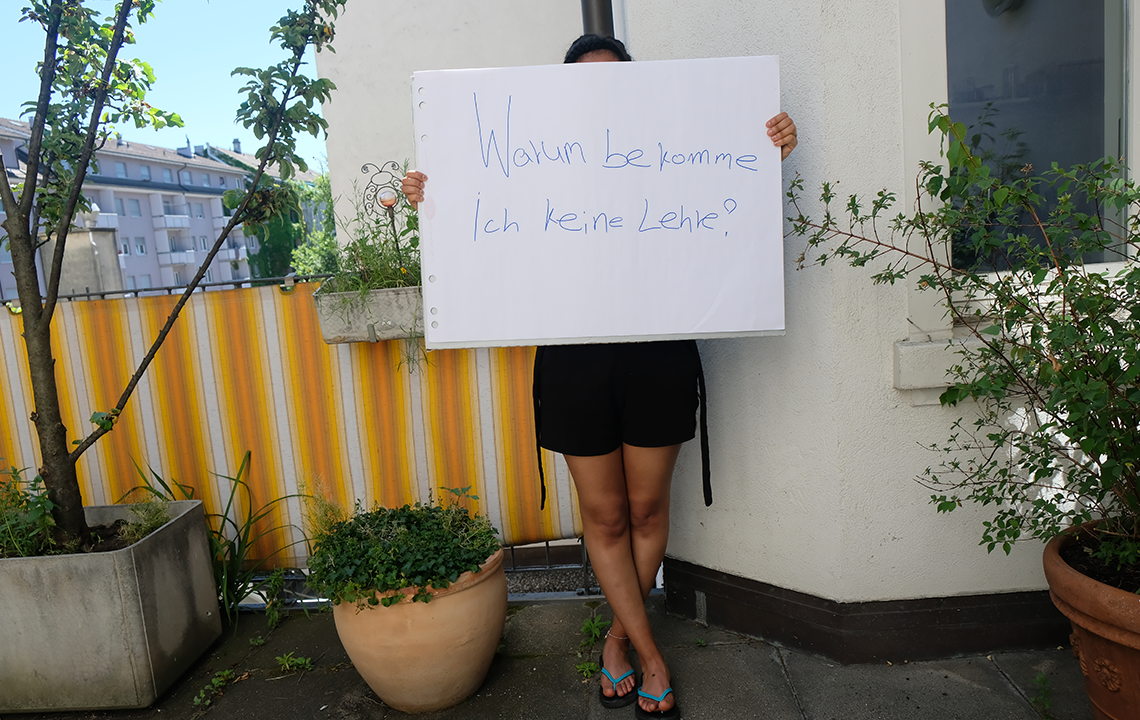The overriding interest of the child and participation in the asylum process must be ensured
The UN Committee on the Rights of the Child recommends that the Swiss authorities include the best interest of the child as the primary basis for decisions on the transfer or expulsion of refugee children and adolescents in accordance with the ratified Convention on the Rights of the Child. In addition, children who are accompanied by family members should also be systematically given their own opportunity to be heard in the asylum process. Save the Children, as a children's rights organisation, supports the fact that the best interest of the child should be paramount in the context of the asylum procedure. In particular, improved cooperation between parties in the asylum sector and child protection authorities is needed to ensure this well-being and the possibility of participation.
 Improving access to education is just one of many recommendations made by the Committee on the Rights of the Child, the importance of which is reinforced by the wish for an apprenticeship of the girl in the picture.
Improving access to education is just one of many recommendations made by the Committee on the Rights of the Child, the importance of which is reinforced by the wish for an apprenticeship of the girl in the picture. 
 As part of a workshop for the participatory child and youth report, children themselves told us what they have learned and what they still want to learn. It is important that their voices are heard.
As part of a workshop for the participatory child and youth report, children themselves told us what they have learned and what they still want to learn. It is important that their voices are heard.